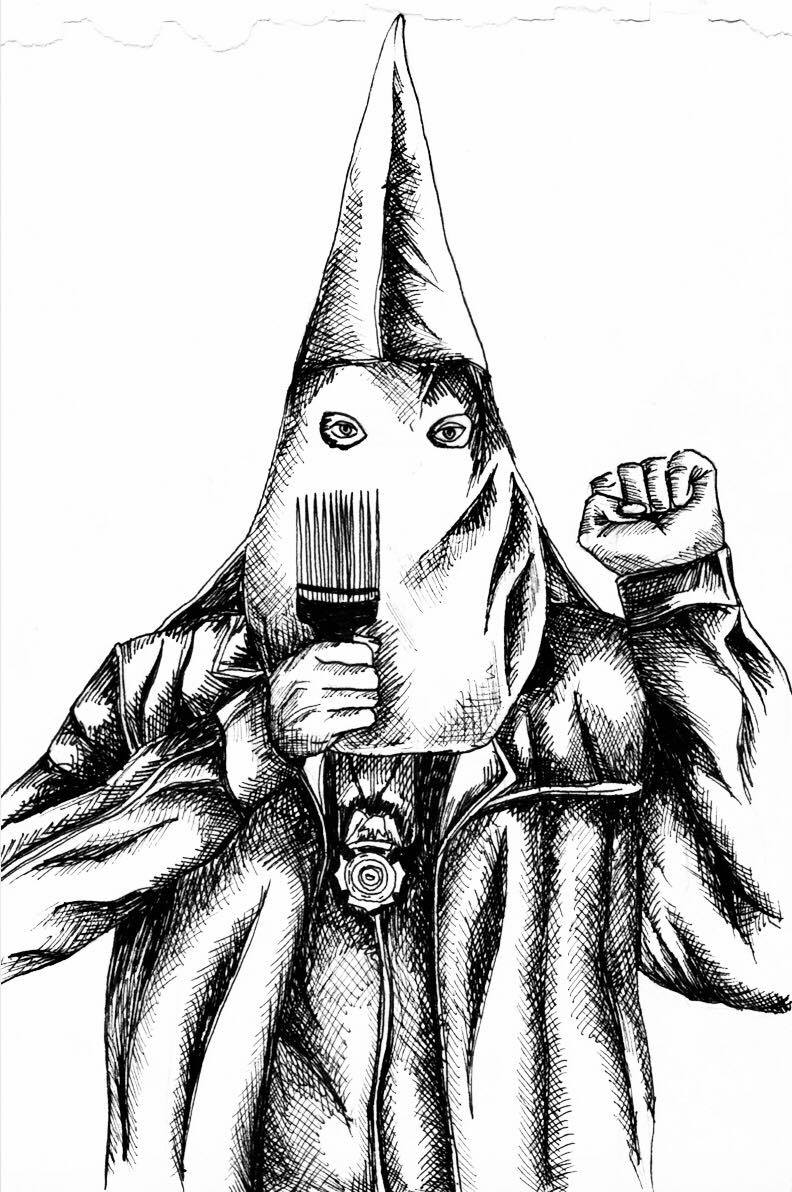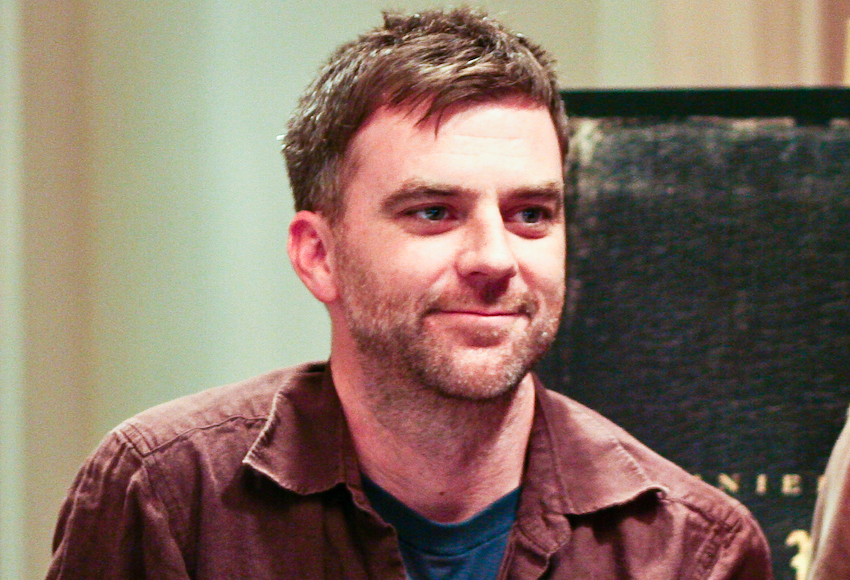Despite its 1970s setting, Spike Lee’s BlacKkKlansman very much has its focus on the age of Trump and Black Lives Matter.
BlacKkKlansman opens with scenes from two other films, Gone with the Wind (1939, Victor Fleming) and Birth of a Nation (1915, D. W. Griffith). The decision to open with these two films can be explained by a few facts. Firstly, both films have been heralded as benchmarks in Cinema’s history, to the degree that they’ve both been preserved by America’s National Film Registry. Secondly, both films have been reassessed since their release as harbouring (and even inspiring) deeply problematic attitudes towards African Americans. It is clear from the beginning, then, that BlacKkKlansman is concerned with cinema’s role in influencing society’s attitude towards race. In relation to this, BlacKkKlansman is a call for America to reassess the developments made since the Civil Rights Movement.
Based on the true memoirs of Ron Stallworth, here played by John David Washington, BlacKkKlansman follows Ron going from the first African American member of the Colorado Springs Police Force to (presumably) the first African American member of the Klu Klux Klan. Ron initially contacts the Ku Klux Klan through a telephone ad and manages to play the role of a white supremacist so convincingly that he becomes close friends with the Klan’s Grand Wizard, David Duke (Topner Grace). Whilst Ron is certainly able to talk the talk (‘God bless white America!’), when it comes to meeting up with his newfound friends, he enlists his colleague, Flip (Adam Driver). Flip’s lighter complexion allows him to blend in, but his Jewish heritage still pits him at odds with their philosophy.
All of this is a ludicrous development which is milked for its full comic potential by the fact that it ‘is based on some fo’ real fo’ real shit’. The film’s comic tone seems apt to address our own age, where the current president (footage of Trump appears in the film) was dismissed by many as a joke for much of his campaign. The film overtly targets current news with footage of the 2017 Charlottesville White Supremacist Rally integrated. The statement is clear: open racism in America hasn’t gone away, it isn’t even hiding. At one point in the film a colleague of Ron comments that David Duke aims at getting someone in the Whitehouse who embodies his ideology. Ron responds that this is ridiculous. That America would never elect someone endorsed by David Duke. The punchline this time being that America just did.
For dealing with such heavy and pressing subject matter, BlacKkKlansman manages to remain immensely watchable thanks to its comic tone. This may be targeted by some as a flaw but by appealing to a wider audience, the film is more likely to affect the type of change it clearly calls for. When watching the film, one thing is certainly apparent. BlacKkKlansman aspires to rival the influence had by Gone with the Wind and Birth of a Nation. Whilst it will fail to rival these films in terms of influence, it certainly leaves you with much to ponder.
Illustration by Claudia Mattei.





